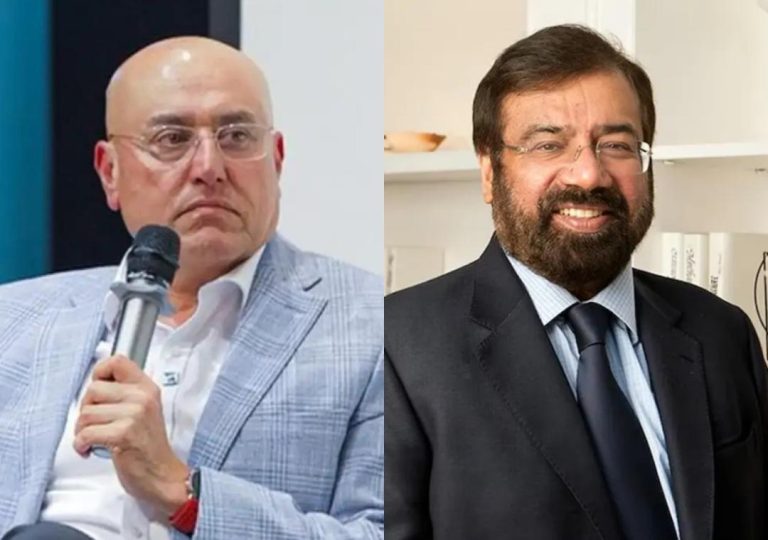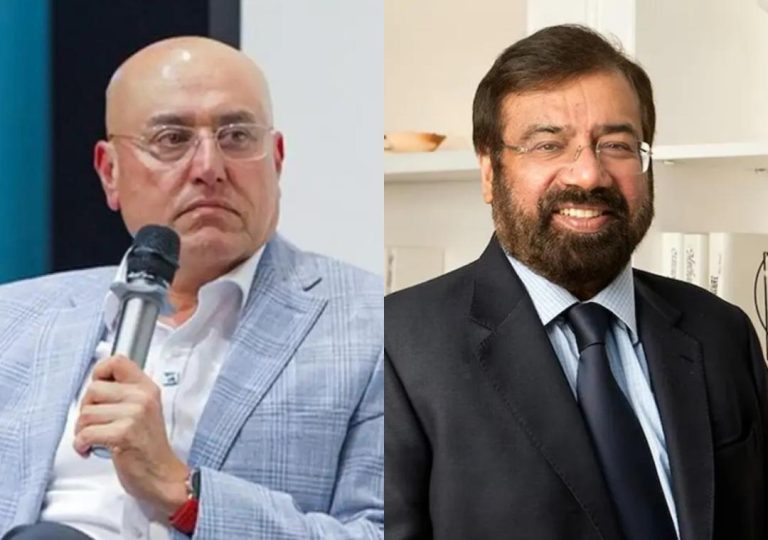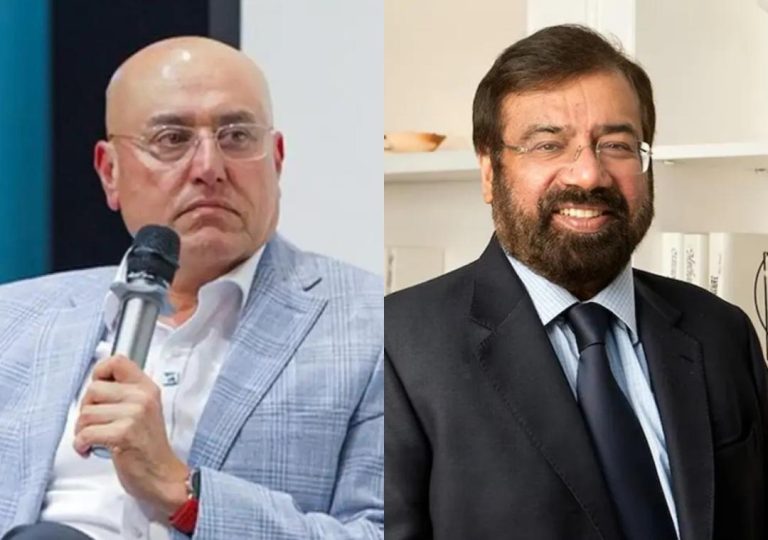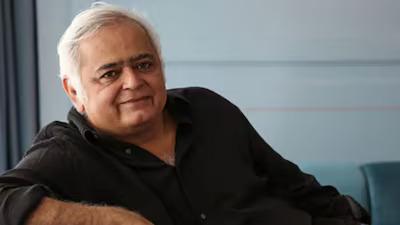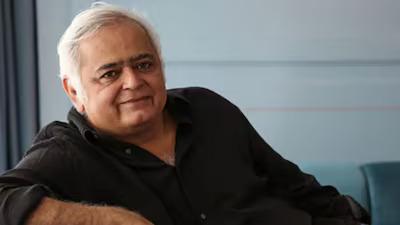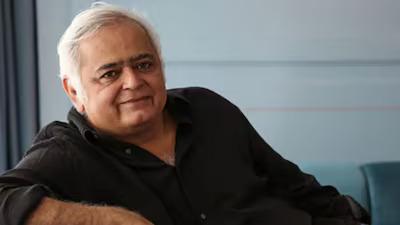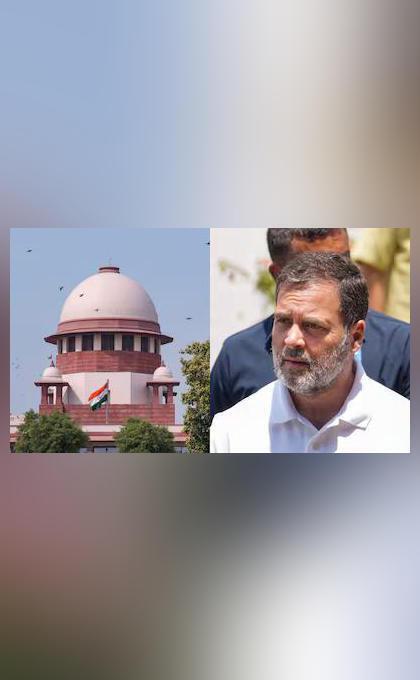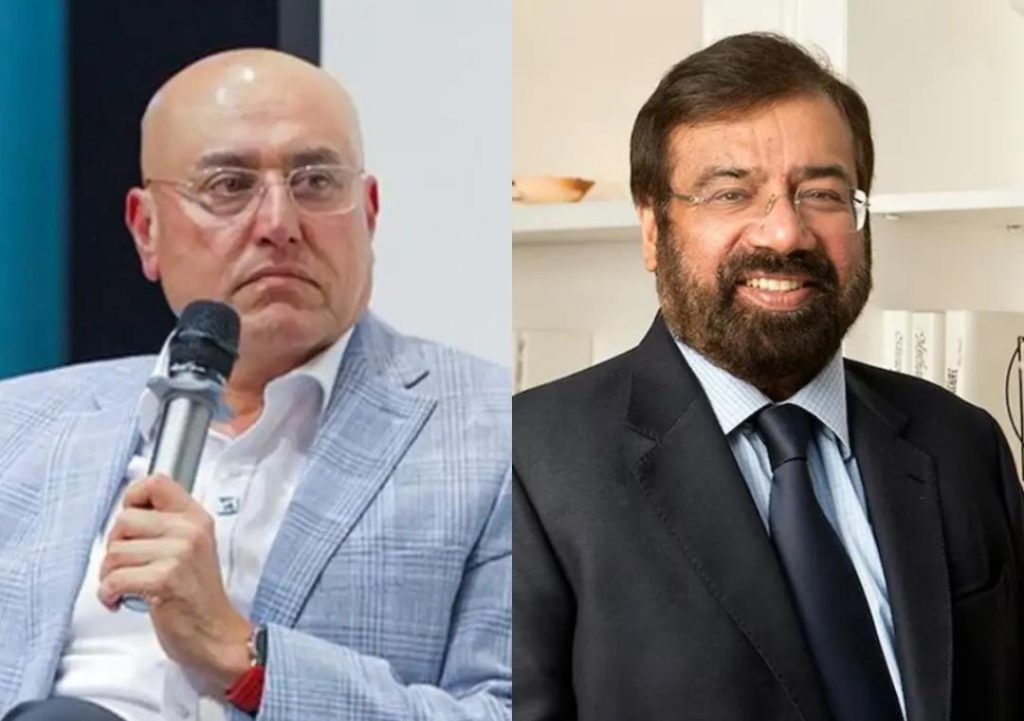
Hotmail Co-founder says “Truth=Anti-India”, Goenka replies “Living in US & lecturing us?”
In a recent tweet, Hotmail co-founder Sabeer Bhatia sparked controversy by stating that those who speak the truth in India are labeled “anti-national”. This comment has sparked a heated debate, with many interpreting it as a thinly veiled attack on the Indian government’s perceived intolerance towards dissenting voices.
Bhatia’s tweet read, “In India, those who speak the truth are termed ‘anti-national’. Then who’s a national? The one who lies to you?” This statement has been met with widespread criticism, with many accusing him of being out of touch with the reality of the situation in India.
However, billionaire Harsh Goenka, chairman of the RPG Group, was quick to respond to Bhatia’s tweet. Goenka, who is known for his outspoken views, took to Twitter to deliver a scathing rebuke to Bhatia’s comments.
“Living in California and lecturing a billion Indians back home?…India doesn’t need sermons from those who packed up and left,” Goenka tweeted, effectively questioning Bhatia’s credibility and relevance to the Indian discourse.
Goenka’s response highlights the perceived disconnect between Bhatia’s comments and the reality of the situation in India. While Bhatia may be correct in his assertion that speaking the truth can be a daunting task in India, his decision to leave the country and now lecture Indians from afar has led many to question his legitimacy as a commentator on Indian affairs.
Moreover, Goenka’s comment also raises important questions about the responsibilities that come with citizenship. Are individuals who choose to leave their country of origin and settle abroad absolved of their duties to engage with and comment on the issues affecting their homeland? Or do they have a moral obligation to remain engaged and contribute to the conversation, even if they are no longer physically present in the country?
Goenka’s response also highlights the tension between the desire to speak truth to power and the need to engage with the complexities of the Indian political landscape. While it is important to speak truth to power, it is equally important to do so in a way that acknowledges the nuances and complexities of the situation.
In his tweet, Bhatia’s comment “In India, those who speak the truth are termed ‘anti-national'” can be seen as a simplistic and reductionist view of the situation. This comment implies that the Indian government is actively seeking to suppress dissenting voices, which is not necessarily the case.
In reality, the Indian government has taken several steps to promote free speech and protect the rights of its citizens. The Right to Information Act, for example, has been enacted to ensure transparency and accountability in government functioning. Similarly, the Indian Penal Code has provisions to protect freedom of speech and expression.
However, it is also important to recognize that the Indian government has taken steps to curb dissenting voices and restrict free speech. The sedition law, for example, has been used to arrest and imprison individuals for expressing dissenting opinions. Similarly, the government has been accused of using its power to suppress critical voices and muzzle the media.
In conclusion, the controversy sparked by Bhatia’s tweet highlights the complexities and nuances of the Indian political landscape. While it is important to speak truth to power, it is equally important to engage with the complexities of the situation and acknowledge the tensions between free speech and the need to restrict it in certain circumstances.
As Goenka’s response highlights, it is important to consider the responsibilities that come with citizenship and the need to engage with the issues affecting one’s homeland. Bhatia’s decision to leave India and now lecture Indians from afar has led many to question his credibility and relevance to the Indian discourse.
Ultimately, the debate sparked by Bhatia’s tweet serves as a reminder of the importance of engaging with the complexities of the Indian political landscape and acknowledging the tensions between free speech and the need to restrict it in certain circumstances.
